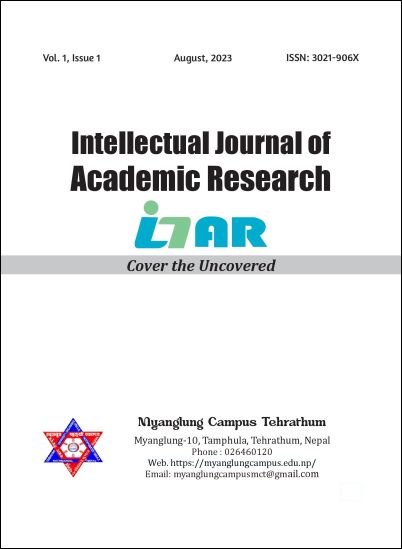Good Governance: Rural Development Perspectives in Nepal
DOI:
https://doi.org/10.3126/ijar.v1i1.69284Keywords:
good governance, corruption, government, rural developmentAbstract
This article examines the interplay between good governance and rural development perspectives in Nepal. Good governance is a critical factor in promoting sustainable development and addressing the socioeconomic disparities prevalent in rural areas. The study explores the various dimensions of good governance and its impact on rural development in Nepal. The research draws on a comprehensive analysis of existing literature, government policies, and empirical data to provide insights into the relationship between good governance and rural development. It discusses the importance of transparency, accountability, participation, and responsiveness in governance practices and their potential implications for rural development outcomes. It delves into infrastructure development, agricultural programs, education, healthcare, and community empowerment as key elements of the government's approach. The challenges and constraints faced in implementing good governance practices in the rural context are also discussed. The findings highlight the significance of effective governance in promoting rural development and suggest areas for improvement in policy and implementation. The article concludes by providing recommendations for enhancing good governance practices in Nepal, such as strengthening institutional frameworks, promoting citizen engagement, and addressing corruption.
Downloads
Downloads
Published
How to Cite
Issue
Section
License
Copyright (c) 2023 The Author(s)

This work is licensed under a Creative Commons Attribution-NonCommercial 4.0 International License.
This license enables reusers to distribute, remix, adapt, and build upon the material in any medium or format for noncommercial purposes only, and only so long as attribution is given to the creator.




